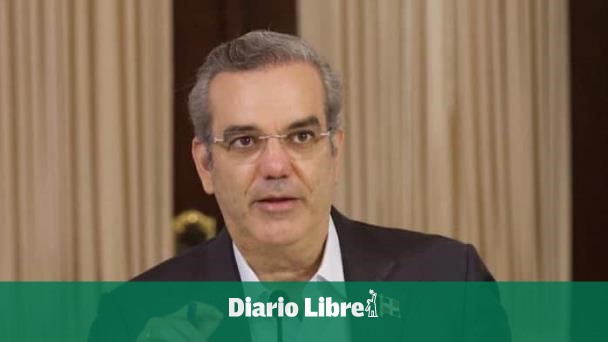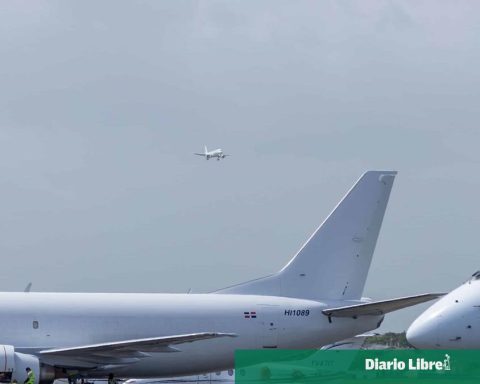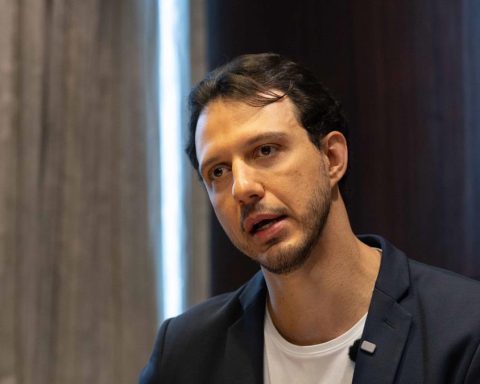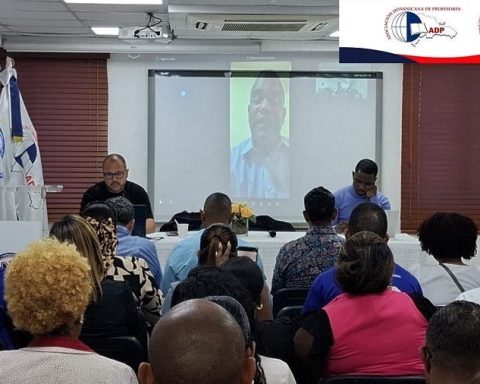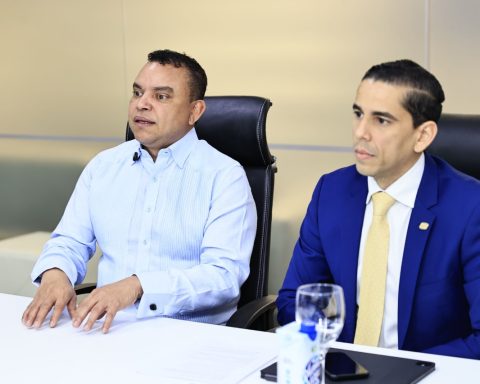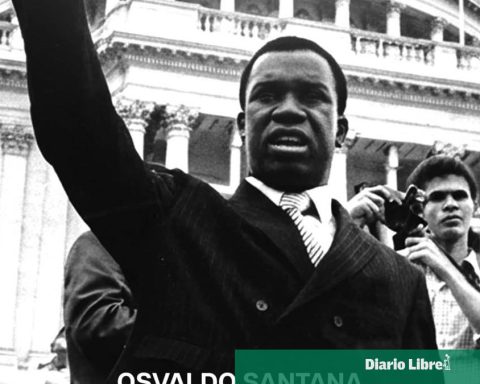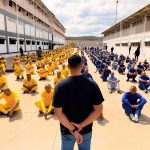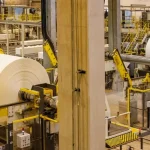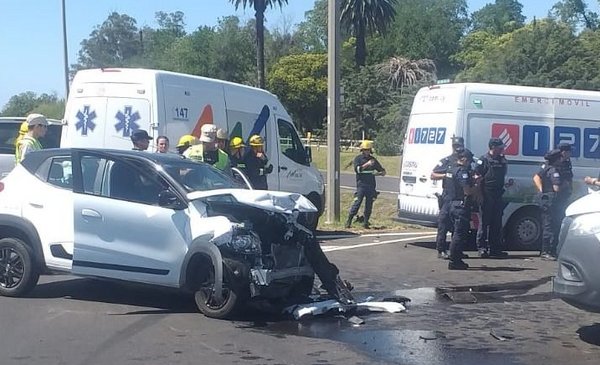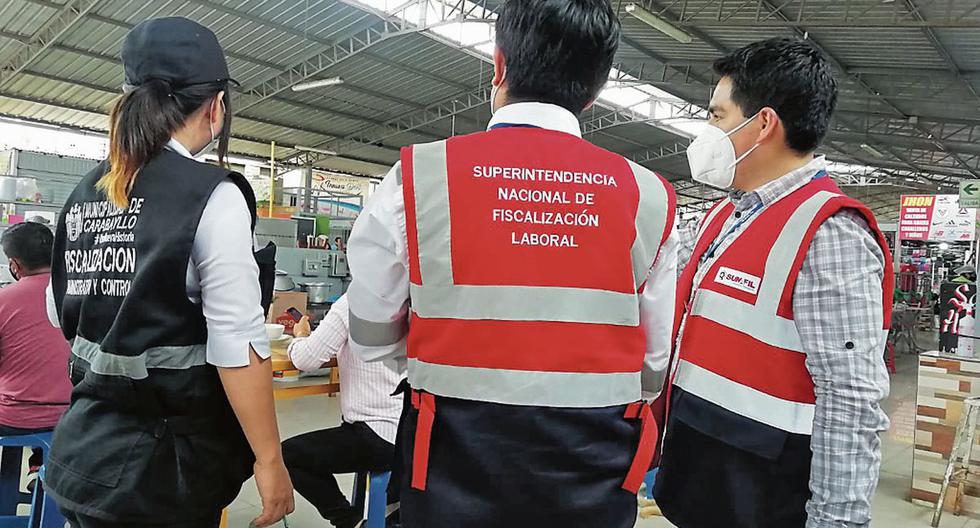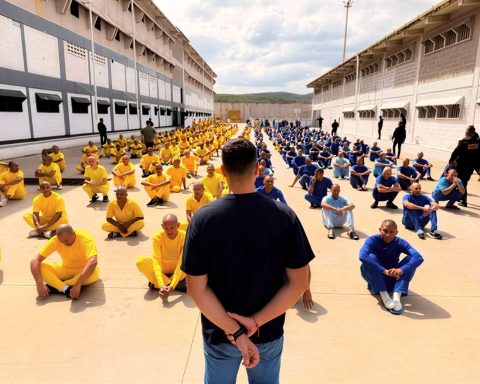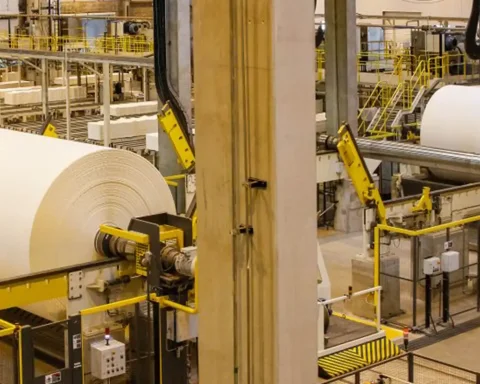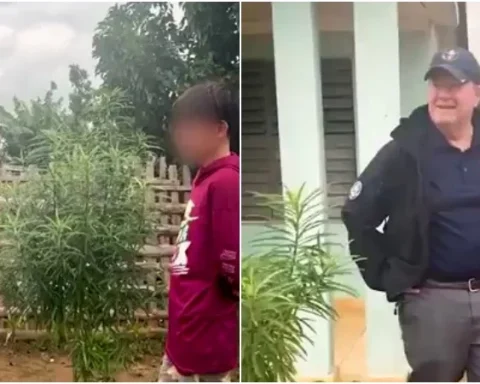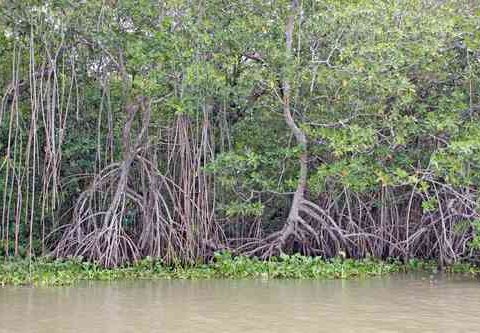The President of the Dominican Republic asked the international community to intervene in Haiti without delay to stop gang violence, instead of making speeches about helping the stricken Caribbean nation. “The international community must be more responsible,” said President Luis Abinader to the British newspaper Financial Times, in an interview.
“If the international community is really concerned about Haitiyou need to go help there, you need to help Haiti to fight against the gangs that rape boys and girls every day, that kill innocent people every day.” These were the words of the Dominican president in his interview for the newspaper.
While Ariel Henry, the interim prime minister of Haiticalled in October for an international military force to prevent armed gangs from terrorizing the country, saying there was a risk of a major humanitarian crisis.
Likewise, the United States has tried to win an agreement on a multinational force, but has met with resistance from regional allies. They are concerned that they will be seen as supporting the unelected interim government of Haiti, who came to power after the assassination of President Jovenel Moïse in July last year. They want to see a broader political consensus within the country before committing to intervention, but Abinader said that the situation demanded immediate action.
“You have to help pacify Haiti. …Not with speeches that we are going to help, but with real actions. . . The Haitians themselves cannot. . . The one who asked for a force was the Haitian prime minister. If he asks for it, it is because he needs it, ”said Luis Abinader to the Financial Times
The burgeoning economy of the Dominican Republic, based on tourism, free zones and regional logistics, has been using large numbers of Haitian immigrants in recent years, many of whom cross the border between the two island nations illegally. . The government of Abinader has responded by deporting a record number of Haitians.
Volker Türk, the UN high commissioner for human rights, last month called on the Dominican Republic to stop deporting Haitians, and the United States has criticized the actions of migration of the country, alleging that they detain Haitians in an inhumane manner in overcrowded centers and on many occasions without access to food, water or toilets.
Abinader he had no regrets about the policy, which has led to some 20,000 Haitians a month being sent home from the Dominican Republic beginning last August.
“We have a border with one of the poorest countries in the world, perhaps among the two or three poorest countries in the world, with a very weak government where an important part of the territory is governed by gangs, as president of the Dominican Republic, I have to protect my country,” said Luis Abinader at the interview.
The government of Abinader is building a security fence along the border to deter the migration illegal. The first section will be finished next year and by 2024 it will span roughly half of the border, with surveillance technology covering more mountainous areas.
The president rejected the criticism of the border wall and said that “it is the same thing that the United States is doing with Mexico.” The Dominican Republic has been among the fastest growing economies in Latin America and the Caribbean for the past two decades, helped by a consensus around business-friendly policies and a thriving tourism industry.
Fitch last week reaffirmed the BB- rating of the country’s US$36 billion of non-financial external public sector debt, three notches below investment grade. He pointed to the country’s “robust economic growth, a diversified export structure, high GDP per capita and social indicators, and governance scores that compare favorably with his peers.” The president estimated that the gross domestic product would grow between 5 and 5.5 percent this year and around 4.5 percent next.
“Every month we have record tourism figures. This year we also have a record of exports from the free zones and foreign investment, this year is also a record, more than $4 billion”, he explained.
This is despite the negative impact of the war in Ukraine, which Abinader he estimated cost his nation about $1 billion this year in subsidies for food, fuel and fertilizer and additional social programs. “America needs to help here? . . They should have an energy security policy for the region,” she said.
Abinader hosted a meeting of the SICA grouping of Central American nations last week and said the Dominican Republic planned to boost trade by further developing as a regional cargo and transportation hub.
The president has yet to decide whether he will run again in 2024. Whether he does or not, Abinader he is confident that the country’s moderate political consensus will prevail.
“There is no extremism here. . . We have differences and we have an aggressive opposition, but that is part of democracy,” said the president.
